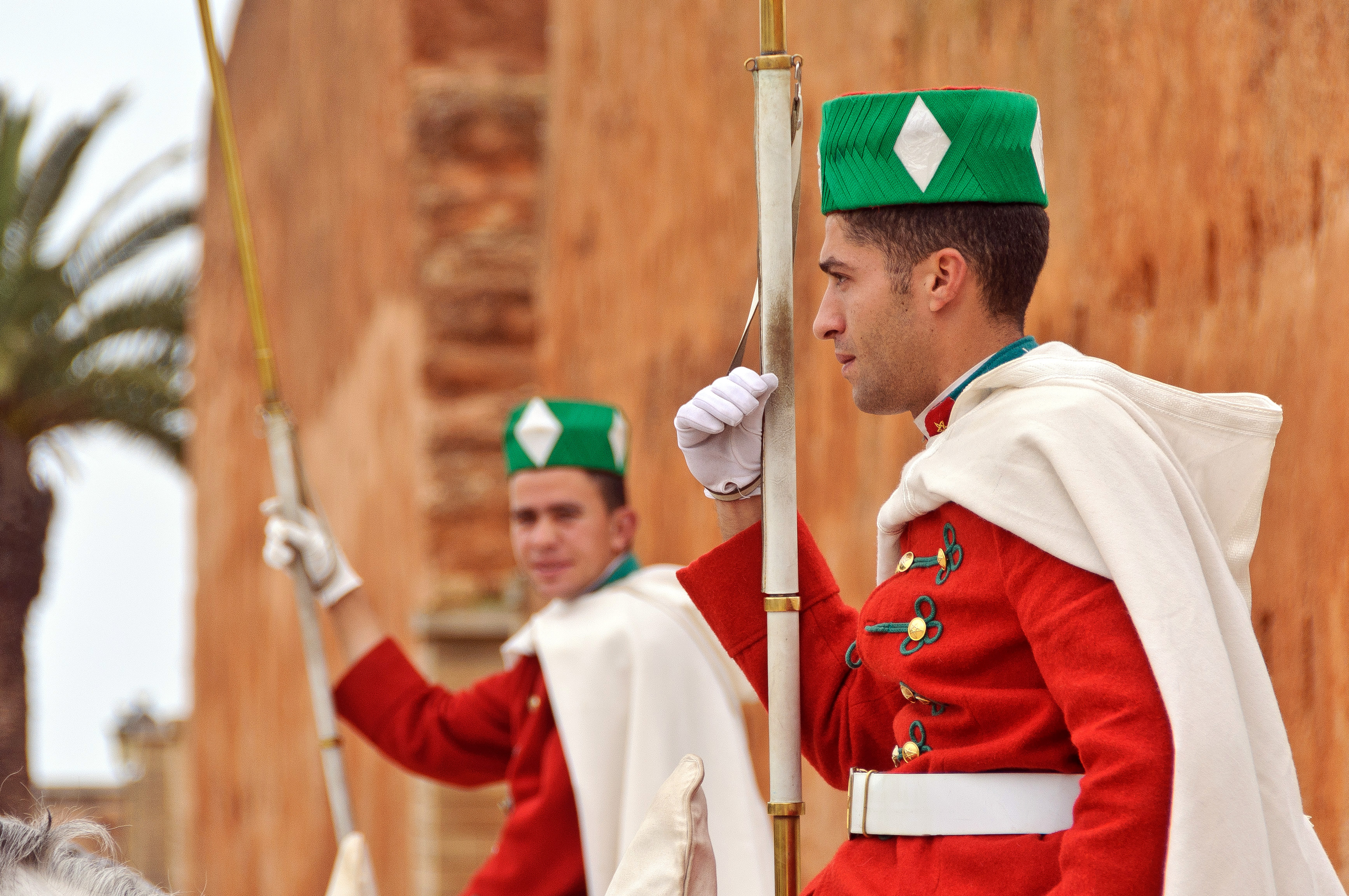Royal Guard at the Mausoleum of King Mohammed V and his sons in Rabat, Morocco
Copyright© Mark Fischer, via flickr, CC BY-SA 2.0
Political situation Monarchy on the path to reform
Following the wave of protests that swept through many Arab countries starting in December 2010, there was also a call for political and social reforms in Morocco. King Mohammed VI responded to the unrest with steps to modernise the state. In 2011, for example, a new constitution was adopted, containing for the first time ever a list of fundamental rights and emphasising the country’s pluralist identity.
In practice, however, deficits with regard to the rule of law, human rights and transparency still remain. Non-governmental organisations have criticised, for example, limitations on freedom of opinion, freedom of assembly and press freedom, and also the criminal prosecution of journalists and of human rights activists.
Development strategy
Nevertheless, Morocco’s government policy continues to be development-oriented and is directed towards achieving the goals of the 2030 Agenda. The new development model (Nouveau Modèle de Développement) presented in 2021 names concrete goals for the economy, human capital, inclusion, sustainability, good governance and administration that are to be achieved by 2035. They include a higher per capita income, a better educational level among children and youth, more economic participation by women and an ambitious target for renewable energy as a share of overall energy consumption.
Relations with the EU
Morocco has close relations with the European Union. An Association Agreement which has been in force since 2000 created a free trade area between Morocco and the EU. In 2008, the EU accorded Morocco what it calls “statut avancé” (advanced status), opening the way for even closer political and economic association. In addition, Morocco is the first country with which the EU concluded a so-called Green Partnership (in autumn 2022), in order to work very closely together on environmental and climate issues.
As at: 10/03/2023
